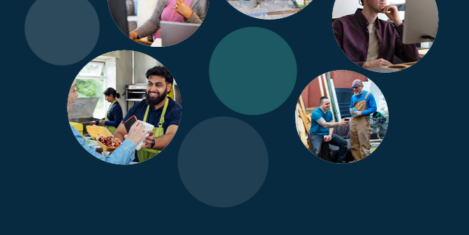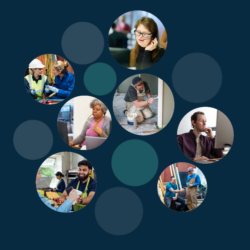April 2, 2025
Office fit out costs rise as firms adapt to new ways of working
 According to a new report from JLL, the office sector is again taking ‘centre stage’ in commercial real estate as companies worldwide adapt hybrid work policies to encourage greater in-office attendance. However, this renewed focus on office spaces comes at a cost, with businesses facing rising expenses to design and fit out their work environments. According to JLL’s newly released Global Office Fit-Out Costs Guide 2025, 59 percent of organisations globally plan to increase investment in office space design and fit-outs over the next five years. The report, which analyses data from 68 cities across 40 countries, highlights significant cost variations, key cost drivers, and the growing demand for sustainable office spaces. (more…)
According to a new report from JLL, the office sector is again taking ‘centre stage’ in commercial real estate as companies worldwide adapt hybrid work policies to encourage greater in-office attendance. However, this renewed focus on office spaces comes at a cost, with businesses facing rising expenses to design and fit out their work environments. According to JLL’s newly released Global Office Fit-Out Costs Guide 2025, 59 percent of organisations globally plan to increase investment in office space design and fit-outs over the next five years. The report, which analyses data from 68 cities across 40 countries, highlights significant cost variations, key cost drivers, and the growing demand for sustainable office spaces. (more…)





































April 2, 2025
If you want your business to grow, become a digital leader
by Ross Pearson • Business, Comment, Technology